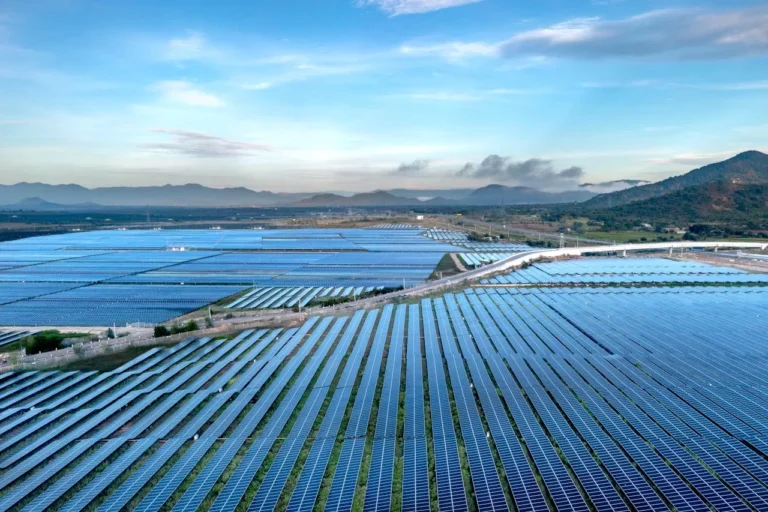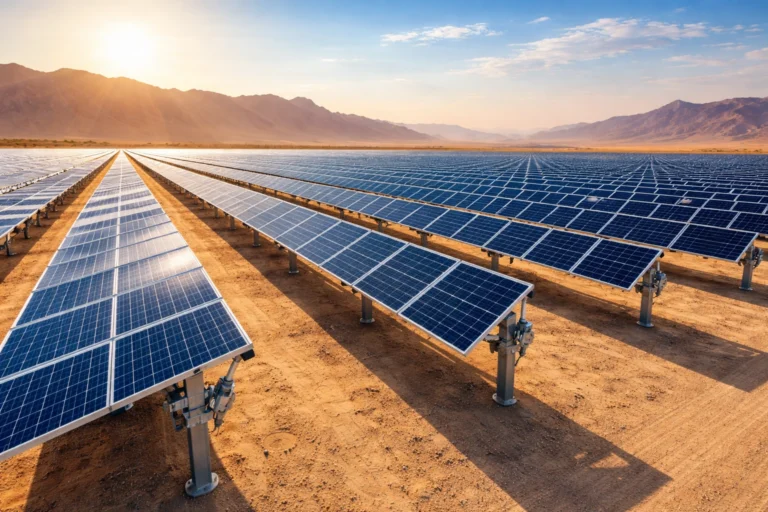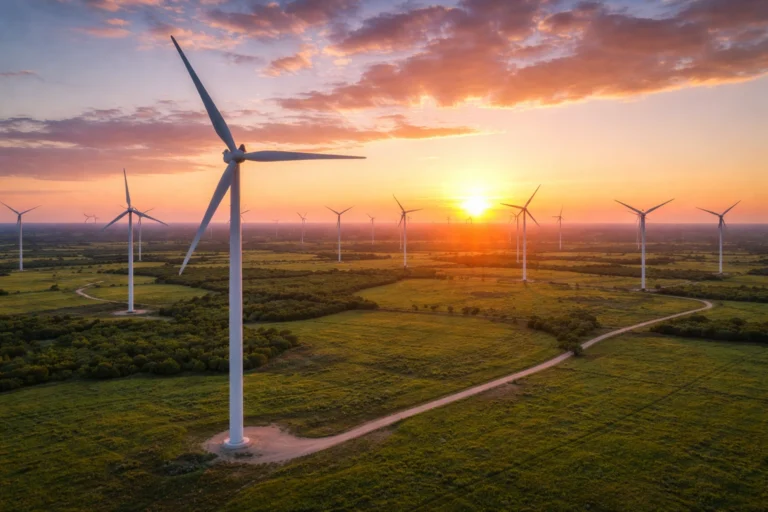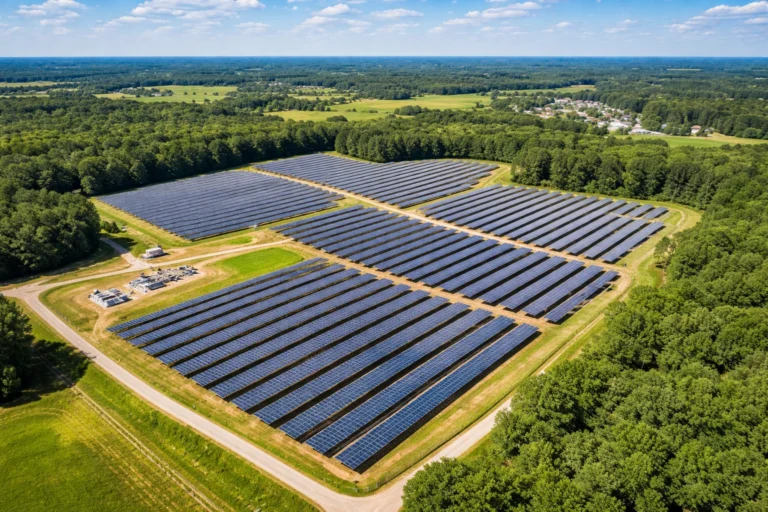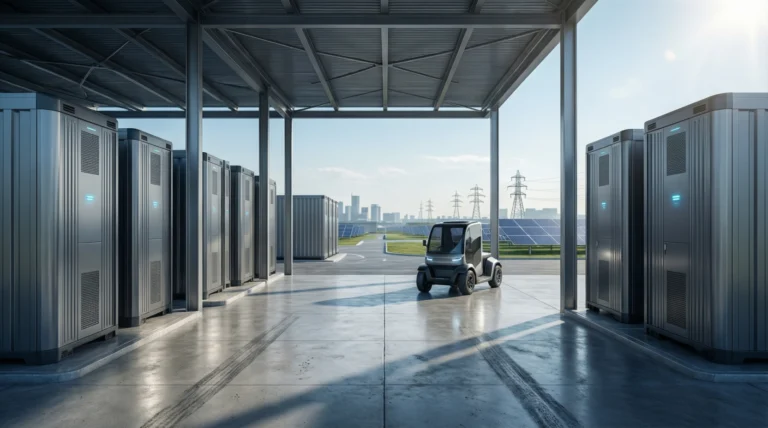
Recent Survey Highlights Strong American Support for Sustainable Technologies and Workforce Development
Despite recent challenges in the renewable energy sector and reports of varying demand for electric vehicles (EVs), a survey conducted by the Michigan Economic Development Corporation (MEDC) reveals a robust demand among Americans for advancements in sustainable technologies. The survey, which polled 1,000 U.S. adults, underscores a clear public desire for the adoption of clean technologies, alongside calls for enhanced business incentives, training opportunities, and career pathways.
Jake Foose, a Research Analyst at Guidehouse Insights, emphasizes the urgency of reducing the U.S.’s global CO2 emissions share, noting a growing alignment among federal and state governments, corporations, and individuals towards climate change solutions. The MEDC survey reflects this sentiment, highlighting widespread support for investments in sustainable tech, clean energy, and EV infrastructure. Notably, 71% of respondents believe that major investments in these areas will yield significant long-term benefits.
The survey also underscores the importance of workforce readiness in driving these advancements. Foose stresses the necessity of adapting the workforce to meet evolving community needs, pointing to the potential of neglected technology sectors in the U.S. economy to fill these gaps through targeted training programs.
Key findings include:
- 88% of respondents agree that companies must provide training for employees working with sustainable technologies to survive.
- 86% believe that stronger government incentives are crucial for the widespread adoption of clean energy solutions.
- 87% prefer technology designed and manufactured in the U.S., highlighting domestic production as a priority.
In addressing barriers to EV adoption, the survey identifies concerns such as limited charging infrastructure and high costs, which could be mitigated through strategic workforce development initiatives. Despite varying levels of familiarity across different age groups regarding EV benefits, there is a consensus on the necessity of government incentives to spur broader adoption.
Michigan emerges as a pivotal player in these efforts, leveraging its industrial capabilities and natural resources to spearhead climate initiatives. Hilary Doe, Chief Growth & Marketing Officer for the State of Michigan, underscores the state’s commitment to fostering a skilled workforce capable of driving sustainable technology innovations through initiatives like the MI Healthy Climate Plan.
In conclusion, the survey illustrates a widespread recognition among Americans of the importance of sustainable technologies and the requisite workforce development to support their implementation. By aligning public sentiment with targeted policies and training programs, states like Michigan are paving the way for a sustainable future.
For more insights into Michigan’s sustainability impact, interested readers are encouraged to explore MEDC’s Impact Report and the “Economic Opportunities of Transportation Electrification” whitepaper.






